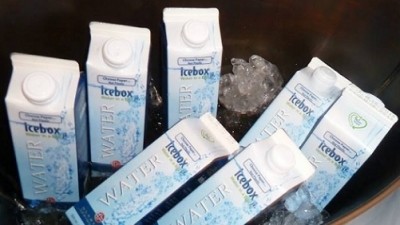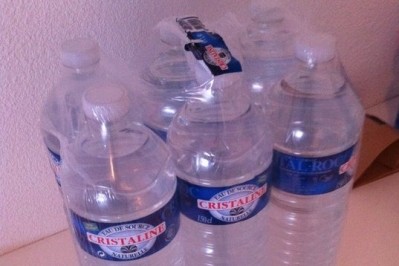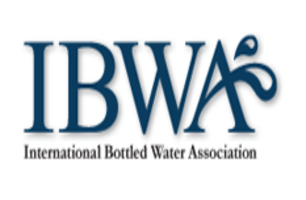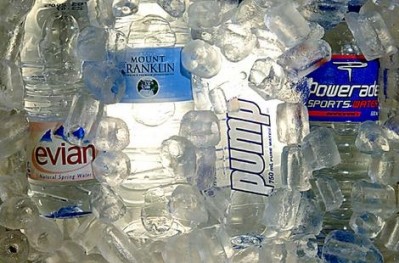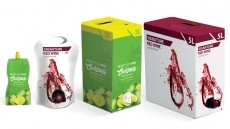EFBW challenges video savaging $11.7bn bottled water ‘bad habit’
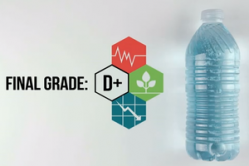
Hosted on the InsuranceQuotes.org website, but also on YouTube, the ‘Hidden Costs’ video introduces its accompanied by a bold statement:
“We all know that bottled water is a wasteful, high-cost convenience. But Americans are addicted. This year, we officially consumed four times as many gallons of bottled water as we did in 1997.”
The organization said that 35bn bottles of water were drunk in the US each year (8.8bn gallons in 2007 and 111 bottles per person) 80% of which were un-recycled and, since they were “not very biodegradable”, these ended up “choking US landfills or rivers”.
The US-based International Bottled Water Association (IBWA) did not provide comments in time for publication this morning, but later provided a response in an open letter that you can read here, but the EFBW did supply Eurocentric comments.
“All packaging used by the bottled water industry is fully recyclable. The bottled water industry has led the way in the recycling field and was among the first to contribute to setting up national collection and recycling schemes,” a spokeswoman said.
“Water bottles make a disproportionately high contribution to the EU 27 collection rate for PET that currently stands at 51% and is steadily increasing,” she told BeverageDaily.com.
‘Not any cleaner or healthier’ – video authors
But the authors of the Hidden Costs video also insist that commercially bottled water wasn’t any cleaner or healthier than tap water. “In fact, it’s worse and it costs more.”
US municipal water suppliers were tested every day, with systems shut down and investigated every time a contaminant was detected, the body said.
“Bottled water, on the other hand, is one of the least regulated commodities in the US. Independent studies have repeatedly found alarming levels of fecal material, bacteria and plastic polymer chemicals in bottled samples,” InsuranceQuotes.org stated.
Again, the EFBW disagreed, insisting that natural mineral and spring water was the healthiest and most natural way to hydrate.
“At times of rising rates of obesity and diabetes, water should be promoted as a first choice for hydration, whether bottled or not, in the interest of public health,” the spokeswoman said.
BPA, DEHP, PET fears raised…
InsuranceQuotes.org insists in its video that plastic polymer chemicals are “bad news for our fish and wildlife because many of these bottles contain traces of harmful xenoestrogens like BPA.
“Like other inorganic hormones, BPA compounds in fat cells, and is never fully flushed from our bodies,” it adds.
The video – which you can view here – also alleges that DEHP and PET cause human liver issues and fetal development problems, and claims that each bottle of water requires 25% of its capacity in crude oil to be produced and distributed.
InsuranceQuotes.org did not respond to a BeverageDaily.com request for information as to the basis for these alleged health issues, but the EFBW insisted that all bottled water packaging used in Europe (PET, glass and aluminum) was safe.
“All of those materials are safe and fully approved by competent authorities for food contact applications. PET does not contain BPA,” the spokeswoman said.
The male narrator in the video also states: “Manufacturing sucks up 1.5m barrels of oil per year, enough to power 100,000 cars.
“While bottled water isn’t necessarily expensive compared to a car…there’s only about 4 cents worth of water in each water in each bottle – a 96% markup on the essential product," he adds.
While not addressing the oil resource issue, the EFBW insisted that the cost of bottled water reflected investments made to protect catchment areas around springs.
“In some parts of Europe, the protected area can stretch up to thousands of hectares. It also reflects the state of the art equipment used by the industry to ensure the absence of leakage and safeguard the original qualities of the product,” the spokeswoman said.
